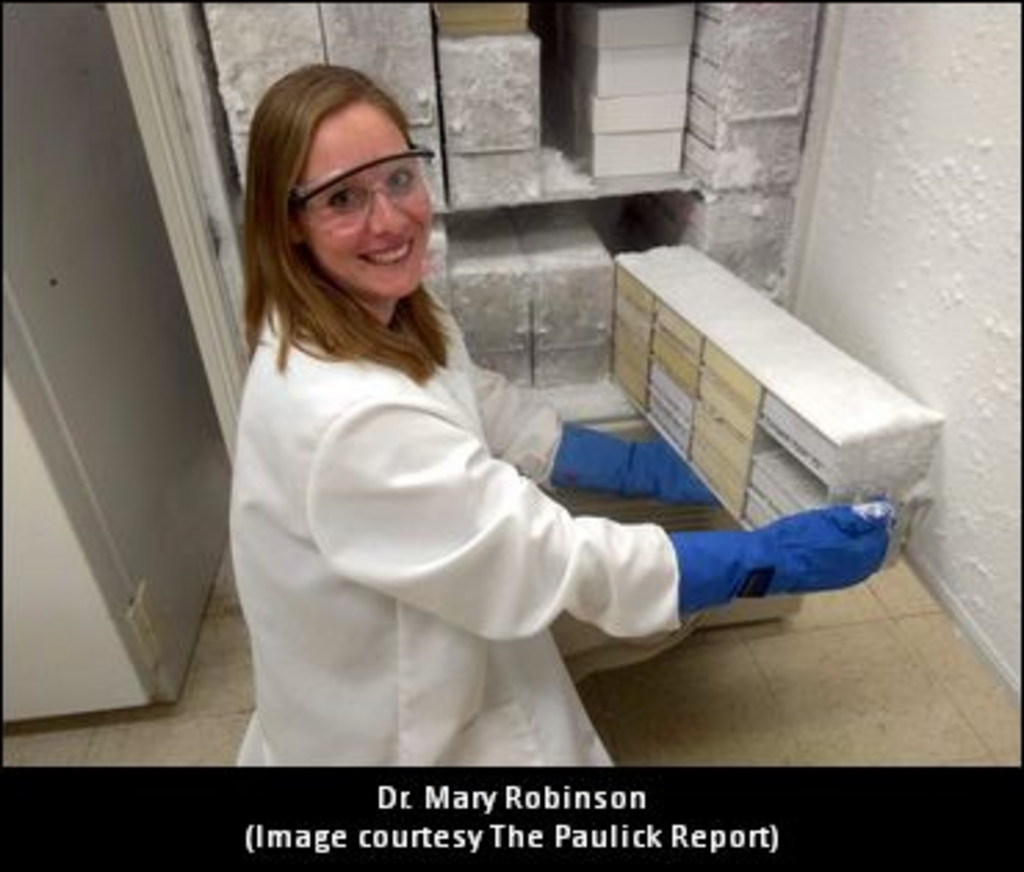
It was announced in late October that research into equine biomarkers left from the administration of shockwave therapy had possibly begun to bear a bit of fruit. Now, more information is starting to be made available.
As an article by Penn Today explains, a team led by Dr. Mary Robinson (director of Penn Vet’s Equine Pharmacology Laboratory) and research specialist Jinwen Chen has discovered that the use of extracorporeal shockwave therapy (ESWT) does appear to leave a trail. The findings have come after the researchers used 11 horses as a ‘study herd.’
In the study, researchers focused their analysis on 10 pro-inflammatory and anti-inflammatory signalling molecules, which are referred to as ‘cytokines.’ The cytokines can be measured from the blood using a sensitive test called ELISA (an acronym for enzyme-linked immunosorbent assay).
Penn Today has quoted Dr. Robinson as saying, “We looked a week before giving the shockwave therapy to see if there were any changes in the baseline period, due to changes in time of day or anything else, and didn’t see anything we could define as significant. And in the post-shockwave period we went out to three weeks.”
Researchers could not detect changes in five of the cytokines they examined following ESWT, according to the article. Although, the other five — TNF-, IL1, IL-1RA, IL-6, and sTLR2 — did respond. Of those, TNF- levels were significantly increased through the whole of the post-therapy study period, three weeks.
Robinson has emphasized that more study is necessary before the biomarkers could be used to assess inappropriate use of ESWT in racehorses.
(With files from Penn Today)

